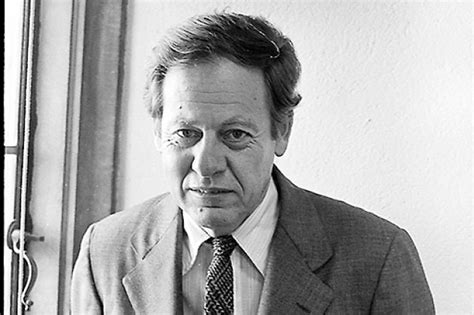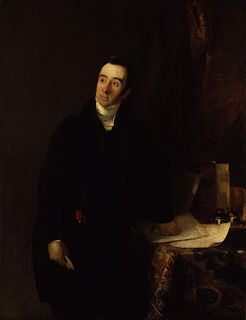A Quote by Paul de Man
Literature... is condemned (or privileged) to be forever the most rigorous and, consequently, the most reliable of terms in which man names and transforms himself.
Quote Topics
Related Quotes
Ecclesiastes names thee Almighty, the Maccabees name thee Creator, the Epistle to the Ephesians names thee Liberty, Baruch names thee Immensity, the Psalms name thee Wisdom and Truth, John names thee Light, the Book of Kings names thee Lord, Exodus names thee Providence, Leviticus Sanctity, Esdras Justice, creation names thee God, man names thee Father; but Solomon names thee Compassion, which is the most beautiful of all thy names.
Perhaps the most reliable route to meaning and joy, to plunging below the surface and seeking more than the superficiality of material ambition, is connection with people, places, ideas and issues. Of these, the most important are people and relationships. And the most reliable route to relationships is conversation.
Just because they broke the law doesn't mean they're condemned forever to a twilight status. So, I think that most Americans, if these people who have come illegally, as long as they pay back taxes, pay a fine, learn English and get behind everybody else, that's a key element of it. And most Americans now realize we can't have 11 million people sit in the twilight - the shadows of America, forever.
Philosophers have long conceded, however, that every man has two educators: 'that which is given to him, and the other that which he gives himself. Of the two kinds the latter is by far the more desirable. Indeed all that is most worthy in man he must work out and conquer for himself. It is that which constitutes our real and best nourishment. What we are merely taught seldom nourishes the mind like that which we teach ourselves.
[M]an is condemned to be free. Condemned, because he did not create himself, in other respect is free; because, once thrown into the world, he is responsible for everything he does. The Existentialist does not believe in the power of passion. He will never agree that a sweeping passion is a ravaging torrent which fatally leads a man to certain acts and is therefore an excuse. He thinks that man is responsible for his passion.
Man may have the most excellent judgment in all other matters, and yet go wrong in those which concern himself; because here the will comes in and deranges the intellect at once. Therefore let a man take counsel of a friend. A doctor can cure everyone but himself; if he falls ill, he sends for a colleague.
If we apply the term revolution to what happened in North America between 1776 and 1829, it has a special meaning. Normally, the word describes the process by which man transforms himself from one kind of man, living in one kind of society, with one way of looking at the world, into another kind of man, another society, another conception of life.... The American case is different: it is not a question of the Old Man transforming himself into the New, but of the New Man becoming alive to the fact that he is new, that he has been transformed already without his having realized it.




































